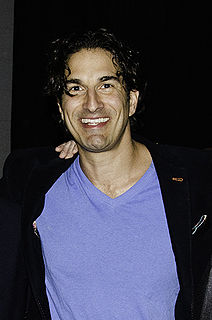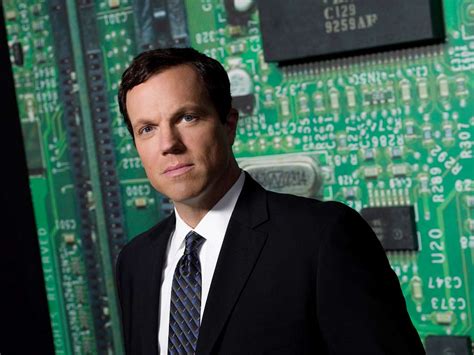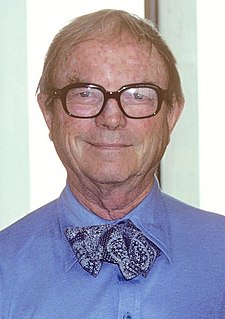A Quote by Graham Greene
So much of a novelist's writing, as I have said, takes place in the unconscious: in those depths the last word is written before the first word appears on the paper. We remember details of our story, we do not invent them.
Related Quotes
Before one is successful that is before any one is ready to pay money for anything you do then you are certain that every word you have written is an important word to have written and that any word you have written is as important as any other word and you keep everything you have written with great care.
Humans lived for several million years as fully wild beings: only in the last 10, 000 did we invent agriculture; only in the last couple of centuries did we invent industry. We are a species that has spent 99 per cent of its history as hunter-gatherers. We haven't had time for our unconscious minds and our unconscious needs to have changed. If you like, our souls have not changed, and this is true whether or not we believe that we have them.
The Bible is the written word of God, and because it is written it is confined and limited by the necessities of ink and paper and leather. The Voice of God, however, is alive and free as the sovereign God is free. 'The words that I speak unto you, they are spirit, and they are life.' The life is in the speaking words. God's word in the Bible can have power only because it corresponds to God's Word in the universe. It is the present Voice which makes the written word powerful. Otherwise it would lie locked in slumber within the covers of a book.
The pressure disappeared with the first word he put on paper. He thought--while his hand moved rapidly--what a power there was in words; later, for those who heard them, but first for the one who found them; a healing power, a solution, like the breaking of a barrier. He thought, perhaps the basic secret the scientists have not discovered, the first fount of life, is that which happens when a thought takes shape in words.
Whenever we remember a series of events, we remember them different. We are constantly changing. It's a flaw, but on the other hand, when we say a word, the meaning is not what you put into it. Rather, the meaning of the word is all of the past usages of that word. Like this cloud that makes up the meaning of the word. It's your subject if you write. For instance what you put in that word and what you assume it means, even its flaw. It has a general agreement.
Every page was once a blank page, just as every word that appears on it now was not always there, but instead reflects the final result of countless large and small deliberations. All the elements of good writing depend on the writer's skill in choosing one word instead of another. And what grabs and keeps our interest has everything to do with those choices.






































